Using the Inquiry Process to Improve Learning Outcomes
November 17, 2022 2023-02-23 7:38Using the Inquiry Process to Improve Learning Outcomes
Using the Inquiry Process to Improve Learning Outcomes
The inquiry process is a way to help students learn how to think critically about their learning experiences.
What Is Inquiry?
Inquiry is a pedagogical approach that encourages students to explore ideas, questions, and problems rather than simply memorize facts. Inquiry helps students develop critical thinking skills and problem-solving abilities.
What Teachers Should Know About the Inquiry Process?
- Begin teaching inquiry early in the school year. Students should be taught how to ask good questions and how to investigate answers. They should be given opportunities to practice these skills throughout the year.
- Students should be encouraged to take ownership of their own learning. They should be allowed to choose topics they want to research and write about. They should be able to work independently and collaborate with peers.
- Provide guidance and scaffolding to ensure that students are successful at using inquiry. They should model inquiry behaviors for students and encourage them to follow suit.
- Create lesson plans that allow students to engage in inquiry activities. These plans should include specific steps to guide students through the process.
- Give students time to reflect on their learning. They should provide feedback to students after each inquiry activity.
- Make sure that they are providing students with sufficient opportunities to practice inquiry. They should offer different types of inquiry activities throughout the year.
- Focus on developing students’ understanding of the concept of inquiry. They should emphasize the importance of asking good questions and investigating the answers. They should also encourage students to question the validity of their assumptions.
- Encourage students to share their findings with others. They should provide students with the opportunity to present their findings to classmates and parents.
Benefits of the Inquiry Process
- It helps you learn more deeply.
- It encourages active participation rather than passive listening or reading.
- It’s also great for developing critical thinking skills because it encourages you to analyze information rather than accept it at face value.
- It also helps build your confidence because when you ask questions about something that interests you, other people will find that interesting too.
Quick Implementation of the Inquiry Process
- Identify what it is that you want to know more about or understand better.
- Ask yourself some questions about it; these can be open-ended questions like “What?”, “Why?”’ “How?”, “When?”, “Where?” or closed ones like “What color is it?”, “How big is it?”, “When did this happen?”, “Where does this happen?”, “Which one is bigger?” as long as they pertain to the thing, you’re trying to understand better.
- Finally, make note of all the answers that come up during this process. Don’t worry if they don’t make sense right away, because sometimes things that seem unrelated at first end up being connected deeper down the line!
When implementing inquiry, teachers should keep in mind that students do not always know where to start. They may feel overwhelmed with the amount of information they have to consider.
Teachers should provide students with clear directions and guidelines. They should also explain how to gather data and analyze results.






